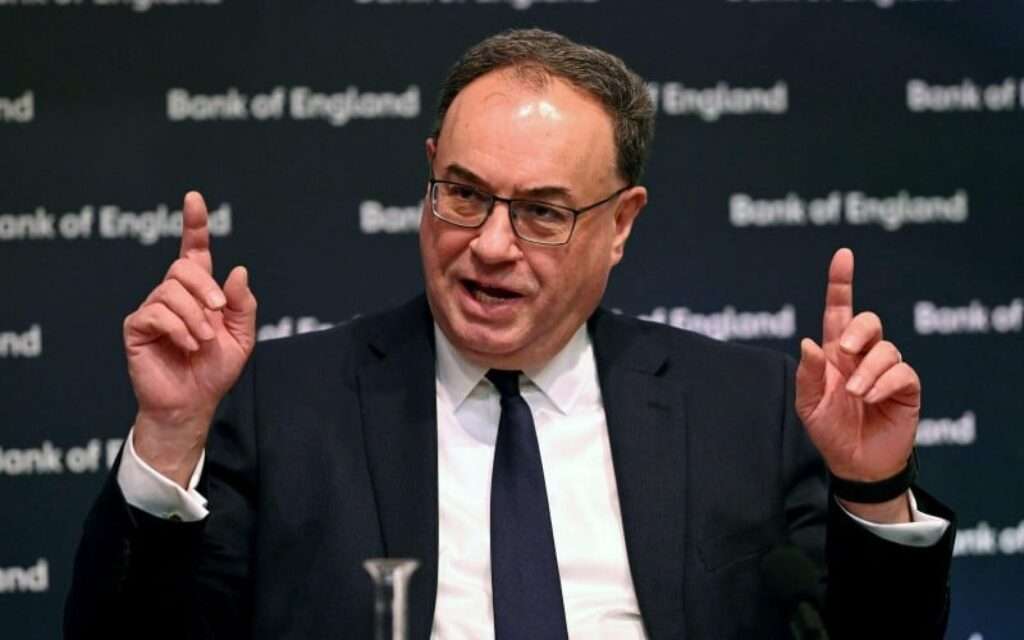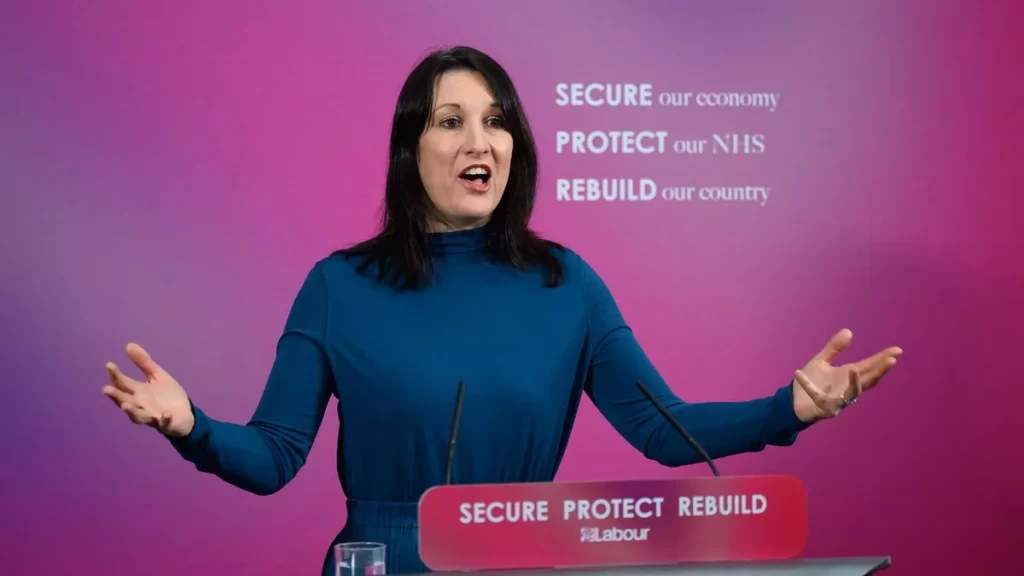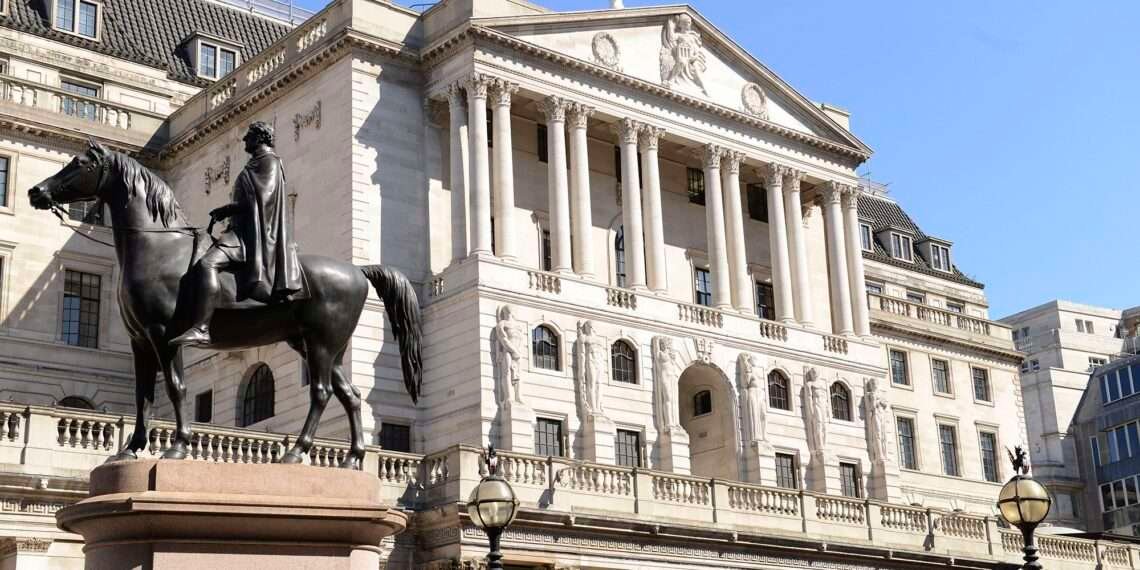As the Bank of England fights to restrain rising prices, interest rates have been unexpectedly increased by more than the predicted rate. The Bank raised interest rates from 4.5% to 5%, the highest level in 15 years. Most people anticipated a modest rate increase.

Bank of England governor Andrew Bailey admonished, “If we don’t raise rates now, it could be worse later.” The decision might increase repayment on loans, and mortgage payments for many people, but if the increase is passed on to savers, it should be beneficial.
Bailey also claimed that, he is aware of how “hard” the increase would be. “Many people with mortgage or loans will understandably be worried about what this means for them, but inflation is still too high and we need to deal with it,” Governor Baily said.
However, the current average rate for a fixed-rate home mortgage for two years stands at 6.19%, while the rate for five years is 5.82%. These rates inched closer to 3% in June of last year.

The additional monthly payment for those with a standard tracker mortgage is £47. There would be a £30 increase for those with standard variable rate (SVR) mortgages. There has been an increase in monthly payments of £297 for SVR and £465 for a tracker since December 2021.
Moreover, it would be possible that, borrowing costs may increase. Currently, the average annual interest rate for credit cards and bank draft, is 20.13% and 21.86%, respectively. The sudden shift comes as official data revealed that, inflation or the annual rate at which prices increase, stayed significantly higher than anticipated.

According to Shadow Chancellor, Rachel Reeves, families would, however, be “desperately worried about what today’s interest rate rise might mean for them.” “They want to know that support will be there if they need it,” she continued.
Theoretically, increasing interest rates makes borrowing money more expensive, which reduces people’s disposable income. As a result, businesses find it more difficult to raise prices.
Meanwhile, the procedure also weighs down the UK economy, which has been battling to expand for some time. As a result, mortgage lenders that will be impacted by the Bank’s base rate, would be compelled to raise their own rates.

Additionally, homeowners have urged the government to assist them, but Mr. Hunt and Prime Minister Rishi Sunak have so far rejected these pleas.
Nevertheless, Mr. Hunt is scheduled to meet with banks on Friday, as calls for additional action become louder. Martin Lewis, an advocate of consumers, has declared that “a mortgage ticking time bomb is now exploding.”
The Bank’s Monetary Policy Committee (MPC), which determines UK interest rates, approved an increase of half a percentage point by a vote of 7 to 2, the largest increase since February. The committee’s decision to keep rates on hold was supported by two members.

As energy costs decline throughout the year, Mr. Bailey penned a letter to Mr. Hunt that, overall inflation is still expected to decline “significantly” throughout that time. He did, however, stress that, the Bank would keep a close eye on inflation and would increase rates further if required.
Despite disagreements on their efficacy, interest rates continue to be the Bank’s major instrument for reducing inflation. The Bank stated that, it was “continuing to monitor closely the impact” of the Bank rate’s considerable increase to date.
It also stated that, the full effects of recent rate increases will “not be felt for some time” due to the number of people who had not yet left fixed-rate mortgage agreements. The Bank is responsible for managing inflation at 2%, but the present rate is over fourfold this. Since the end of 2021, the Bank has gradually been boosting interest rates in response.
READ ALSO:Survey Reveals Abuse Of UK Doctors




















